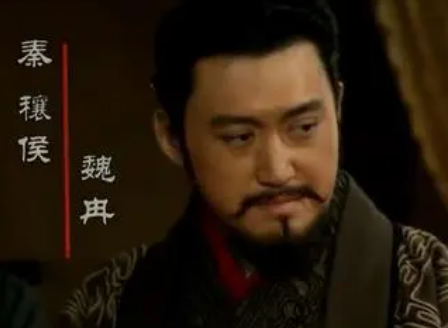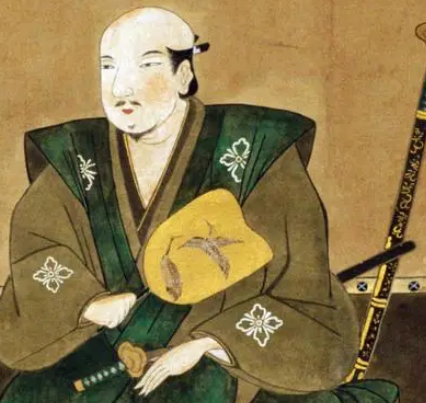In ancient Chinese history, Cao Cao, as a powerful warlord, left behind many legendary stories and famous sayings. Among them, the phrase "I prefer to let the world owe me, rather than I owe the world" is considered as one of Cao Cao's famous sayings, reflecting his life philosophy and attitude towards the world. However, there has always been controversy over the authenticity of this phrase in history. So, did Cao Cao really say this phrase?

First, we need to trace the origin of this phrase. It first appeared in "Romance of the Three Kingdoms," a novel based on historical events and figures from the Three Kingdoms period. "Romance of the Three Kingdoms" is a literary work, and although it is based on history, its plot and dialogue are not entirely factual. Therefore, from this perspective, we cannot determine if Cao Cao really said this phrase.
Secondly, by consulting historical records such as "Records of the Three Kingdoms," we have not found any definite record of this phrase. This further suggests that the phrase may not have originated from Cao Cao himself. However, this does not mean that the phrase has no relation to Cao Cao's spiritual demeanor. In fact, Cao Cao did exhibit a strong personality and decisive leadership in history. Many of his actions and words reflect his courage to take responsibility and forge ahead.
In summary, while we cannot determine if Cao Cao really said the phrase "I prefer to let the world owe me," to a certain extent, this phrase does align with Cao Cao's personality traits and historical image. Regardless of whether the phrase originated from Cao Cao himself, it has become a widely known and influential saying in Chinese history, inspiring later generations to bravely face challenges and dare to take responsibility.
Disclaimer: The above content is sourced from the internet and the copyright belongs to the original author. If there is any infringement of your original copyright, please inform us and we will delete the relevant content as soon as possible.
































